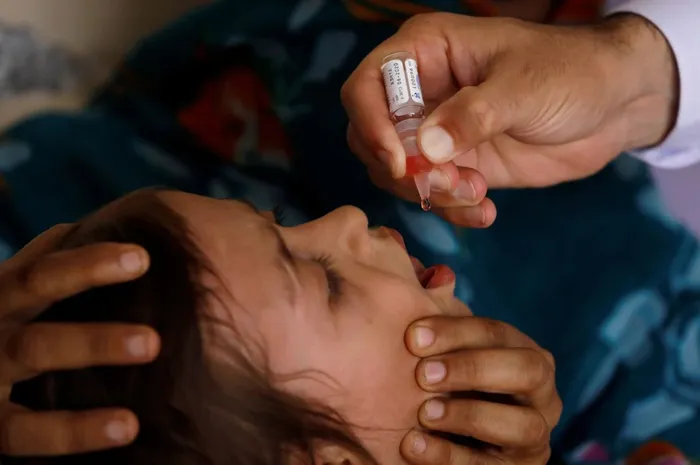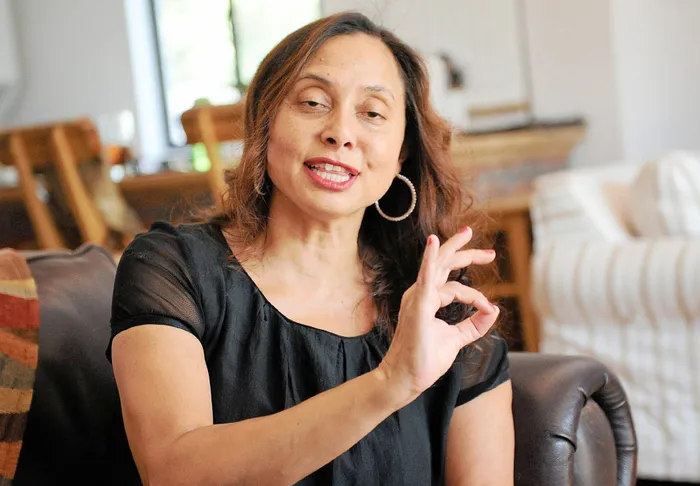
Polio is a highly infectious disease that attacks the nervous system and can lead to spinal and respiratory paralysis, and in some cases death, mostly affecting young children.
Image: Independent Newspapers Archive
Marlene le Roux
Today post-polio sufferers worldwide recognise the ground-breaking research of American virologist Dr Jonas Salk (1914-1995) who announced his life changing vaccine against this deadly disease on 26 March 1953.
Polio is a highly infectious disease that attacks the nervous system and can lead to spinal and respiratory paralysis, and in some cases death, mostly affecting young children.
Whereas millions of polio sufferers have been fortunate to receive the polio vaccine of Dr Salk and were healed since that day, many others, including myself, were denied access to this life-changing treatment in their childhood. I contracted polio in 1967, at barely three months of age. My story, like the ones of so many others – the majority of whom are found in Africa – is a testament of the lack of care and empathy experienced by mothers and families who were disadvantaged by a racist political system.
In my case the local doctor who was white did not administer the polio drops to me that could have spared me the lifelong consequences that I am still battling with to this day, a daily reality for polio survivors: deformed limbs that need braces, crutches, or wheelchairs. To add insult to injury, these assistive devices are very costly just to be mobile. My caliper (leg brace) costs between R30 000 and R40 000 which medical aids do not cover fully! Other related costs include constant muscle shortening and physiotherapy, making it near impossible for many post-polio survivors to enjoy a full and healthy life like non-polio sufferers.
As polio affects one’s muscles and nervous system, it is even worse for women whose wombs and hips are narrowed because their bones have been deformed by the disease, making it impossible to give birth naturally. Post-polio sufferers need regular physio to be mobile and experience relief from pain and spasms. As a post-polio survivor you are also more prone to other infectious diseases as your immune system has been weakened.
Furthermore, as you grow older you are prone to hip replacements due to the constant strain on your healthier limbs. Just recently I had a challenging full hip replacement at a huge cost to my body, and wrote an article about my 12th operation which was published on LITNET to explain all the trauma my body has gone through, just because I did not have access to the polio drops as a baby.
Today I am part of the Rotarians who are passionate about eradicating polio, especially in Africa and more specifically Angola where a polio outbreak was experienced in early 2024.

Artscape chief executive Marlene le Roux.
Image: Independent Newspapers Achive
On this historic day commemorating the ground-breaking polio vaccine of Dr Salk, as a very privileged post-polio survivor, my impassioned plea on behalf of post-polio sufferers who are suffering in silence, remains the following:
As a very privileged post-polio survivor my urgent plea is for every post-polio survivor to get the medical care that I am fortunate to have access to and be enabled to contribute meaningfully to society by being afforded a decent job. I should not be the only one.
Marlene le Roux, CEO of Artscape Theatre
Cape Argus